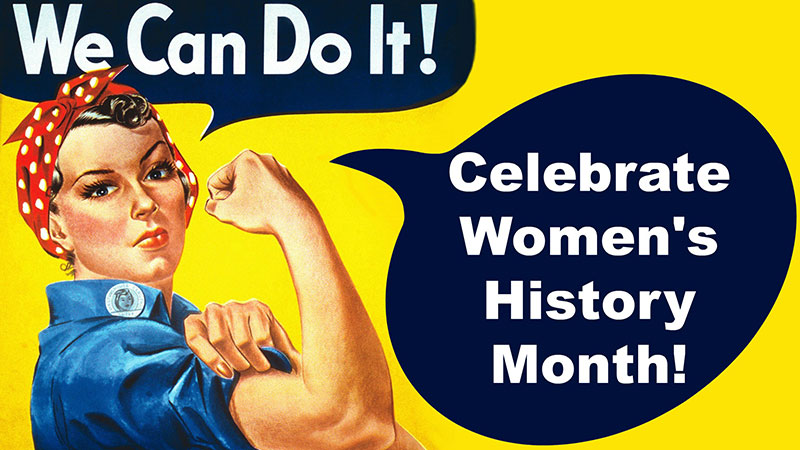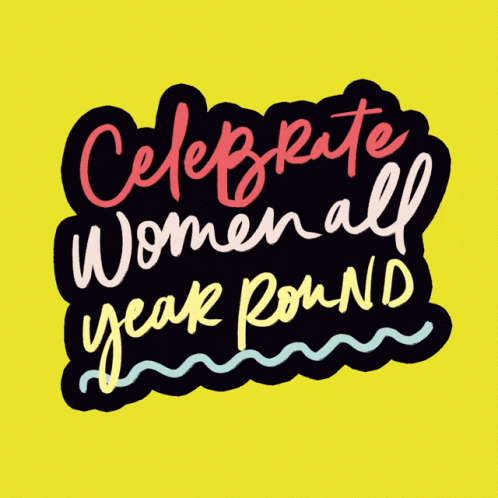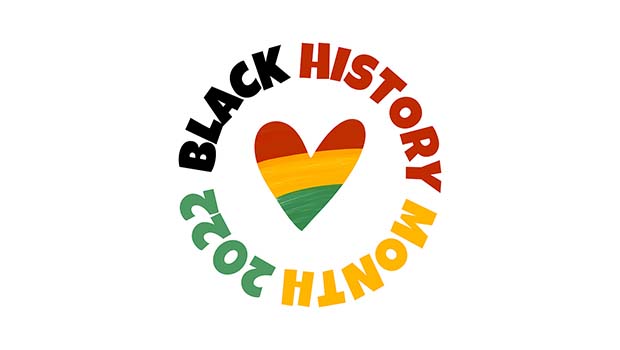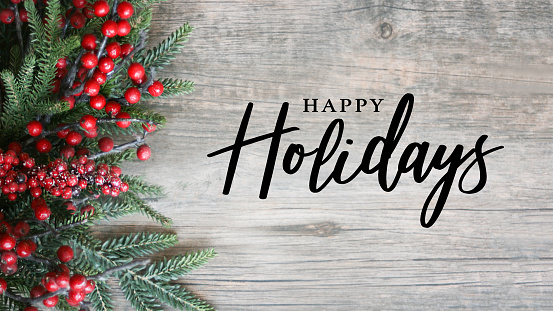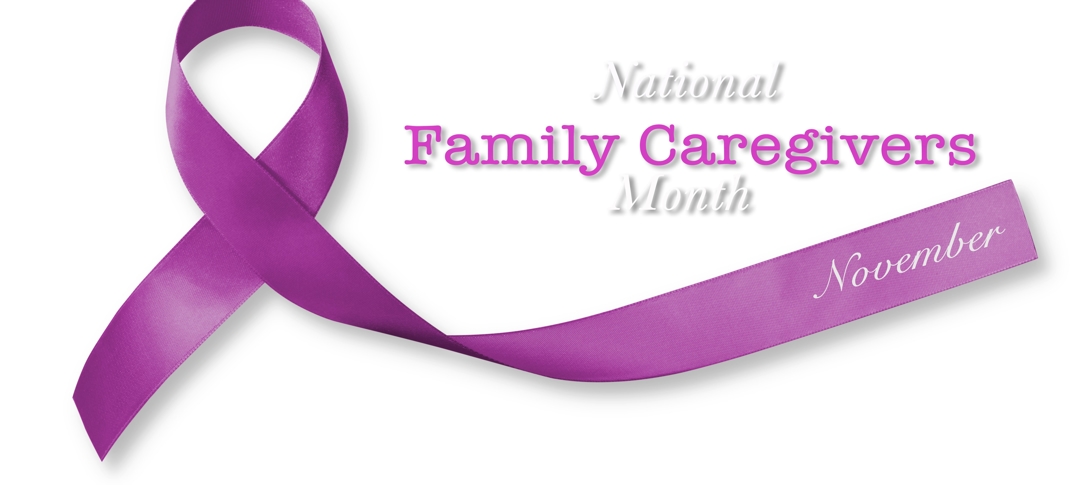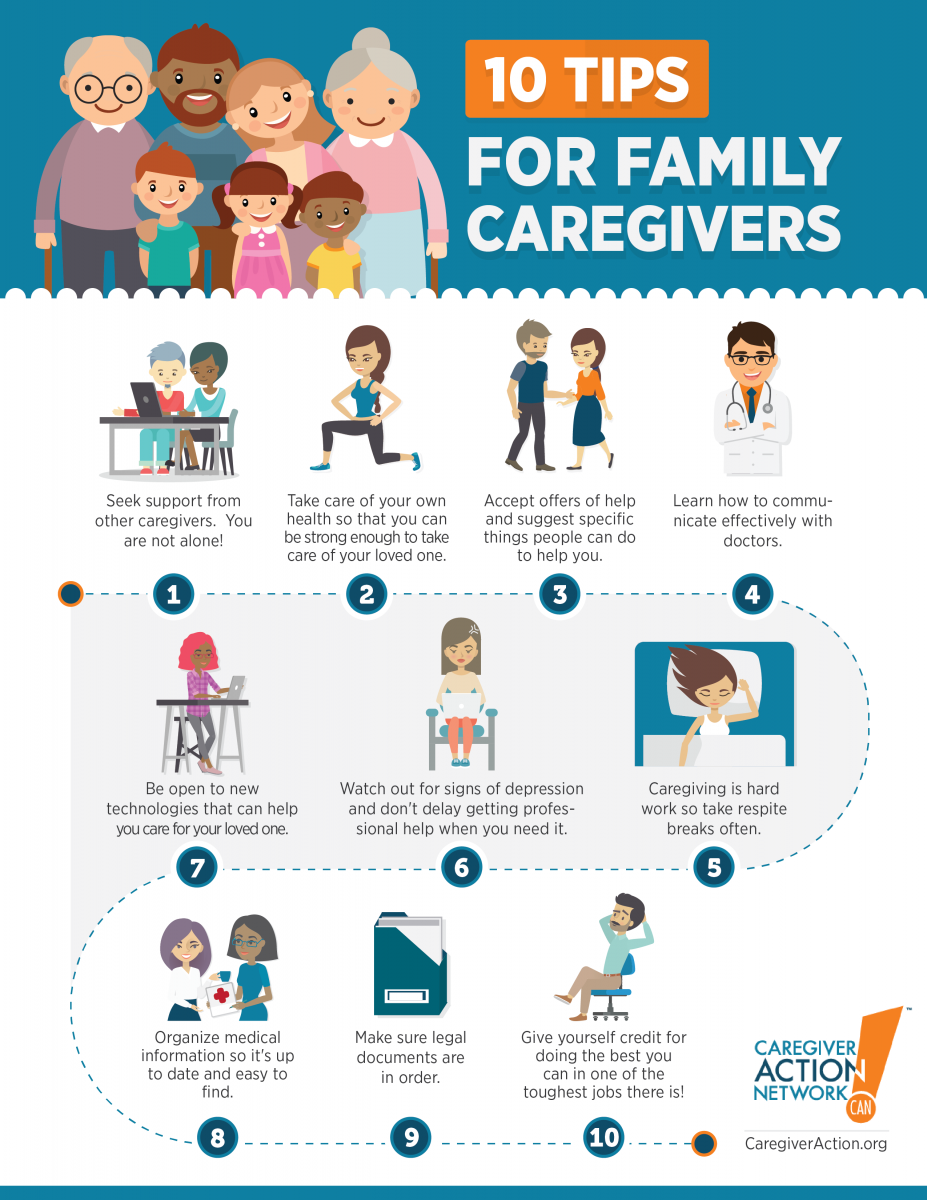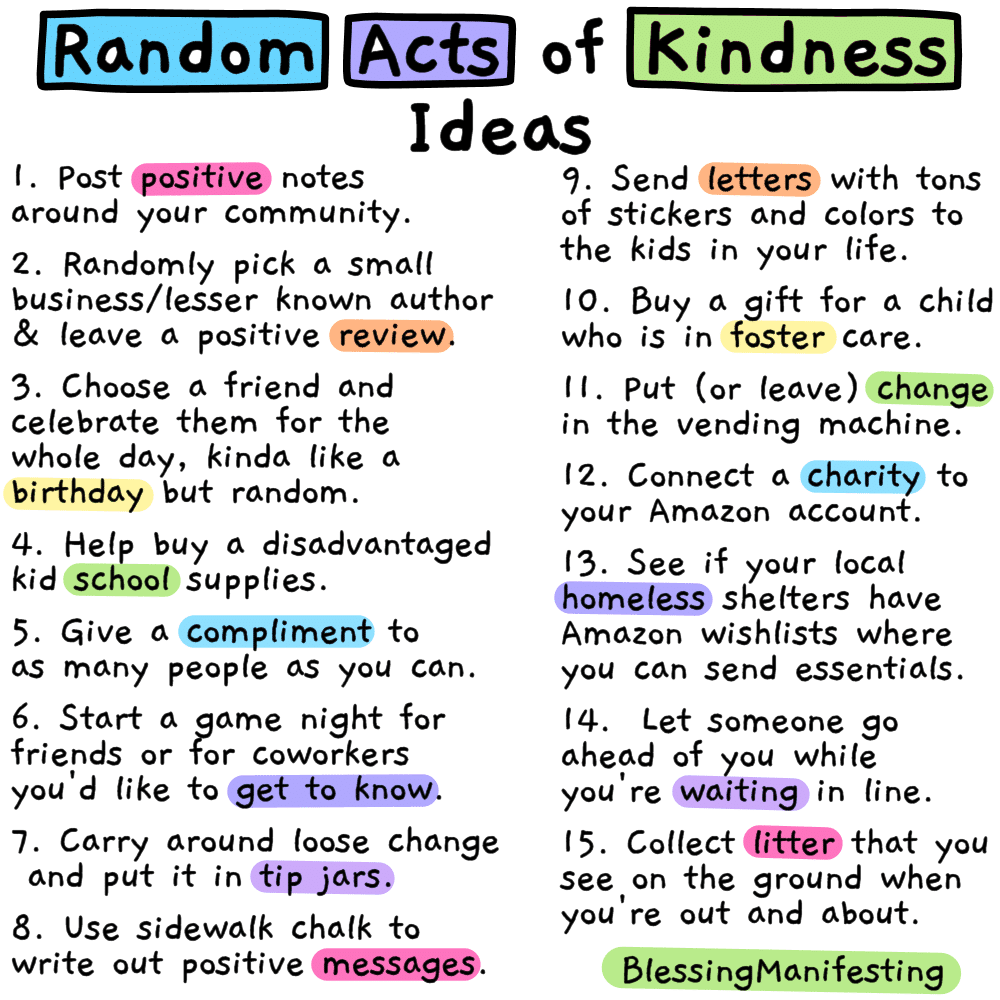
March 1 is designated as Self-Injury Awareness Day. This campaign was born out of the importance of bringing awareness to the acts of self-harm, and to destigmatize their existence. By acknowledging the acts of self-injury, we can provide empathy and understanding to its sufferers; lessen fear and silent suffering; and encourage education about what self-injury is, why it occurs, and how to address it.
Self-injury differs from suicide attempts as it is not intended to end life, rather, it is an attempt to deal with overwhelming emotions like anger, frustration, and pain. The cycle of self-injury is marked by an escalation of emotion that one feels out of control of, and they engage in a behavior that causes bodily harm (cutting, burning, scratching, hitting self, piercing skin, etc.) which brings temporary feelings of relief and calm. This then turns into feelings of guilt and shame, and a lessened effect of the chosen method of self-injury, which may lead to using a more severe method/frequent self-harm, increasing the possibility of ongoing harm and/or accidental death.
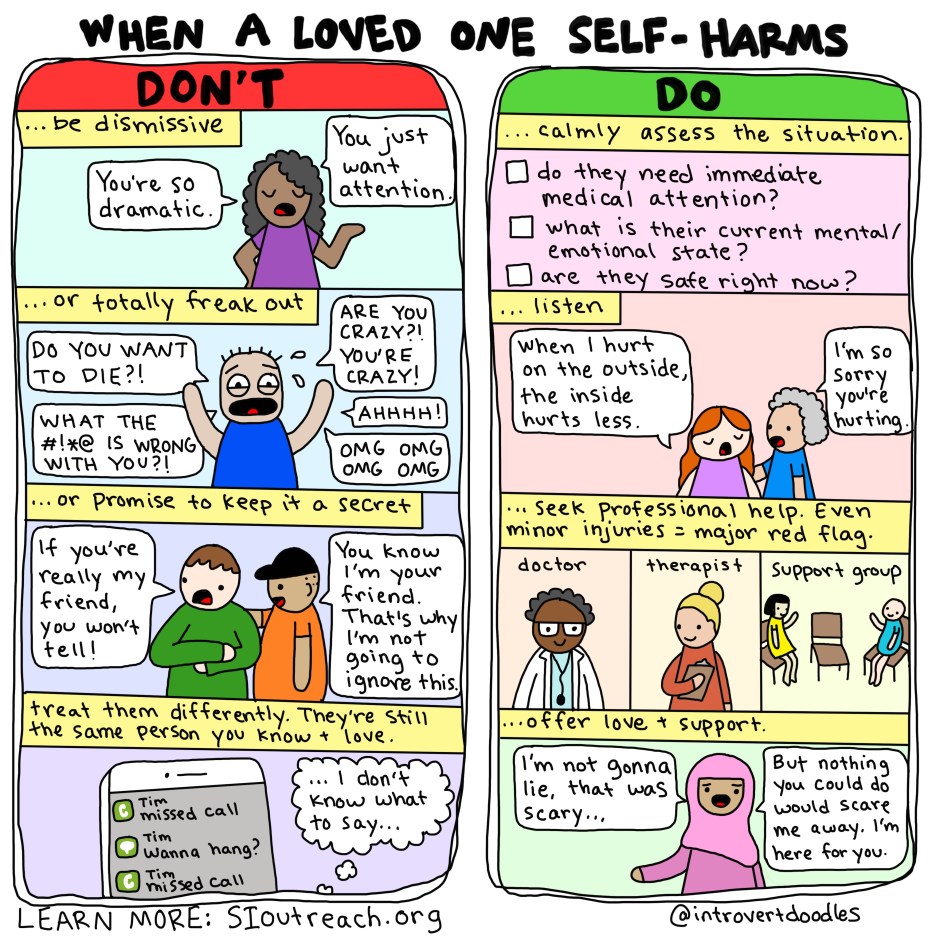
Awareness of self-injury provides opportunities for those experiencing pain to learn healthier methods to manage their emotions and crises when they occur with the aim of validating pain while preserving life and instilling hope. The stigma around mental illness and self-injury further isolates those suffering causing them and their loved ones of their voices because not knowing if and what to say can be detrimental as well. The Mayo Clinic has a thorough summation of the causes, symptoms, types, implications and methods of support for self-injury.
There is also a newer phenomenon of digital self-harm, wherein one uses memes and other online forms of expression to speak to their pain; pose as others speaking negatively of the poster/cyberbullying the poster; or making repeated commentary about self-injury and self-loathing. Visibility of these posts and gaining “likes” does not serve to support the individual in their mind, rather, it validates the despair and further serves to encourage self-injury.

Orange is the representative color of self-injury awareness, shown either through the wearing of a ribbon, or of drawings of orange butterflies on the wrist. You can show your support on March 1 by wearing orange and seeking to learn more about self-injury and how you can intervene on behalf of yourself or others. If you or someone you know is struggling, please fill out a Student in Need of Assistance Report for support through NOVA CARE teams (within the NOVA community), or contact the National Suicide Prevention Lifeline at 1-800-273-8255. If you need immediate assistance due to safety concerns on campus, contact NOVA Police at 703-764-5000 or call 911 (off campus).


